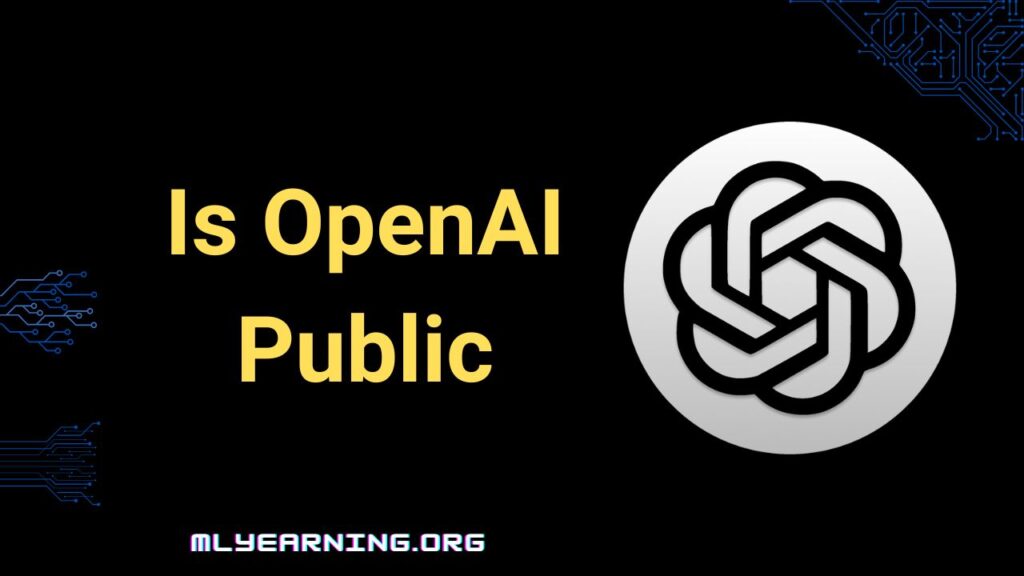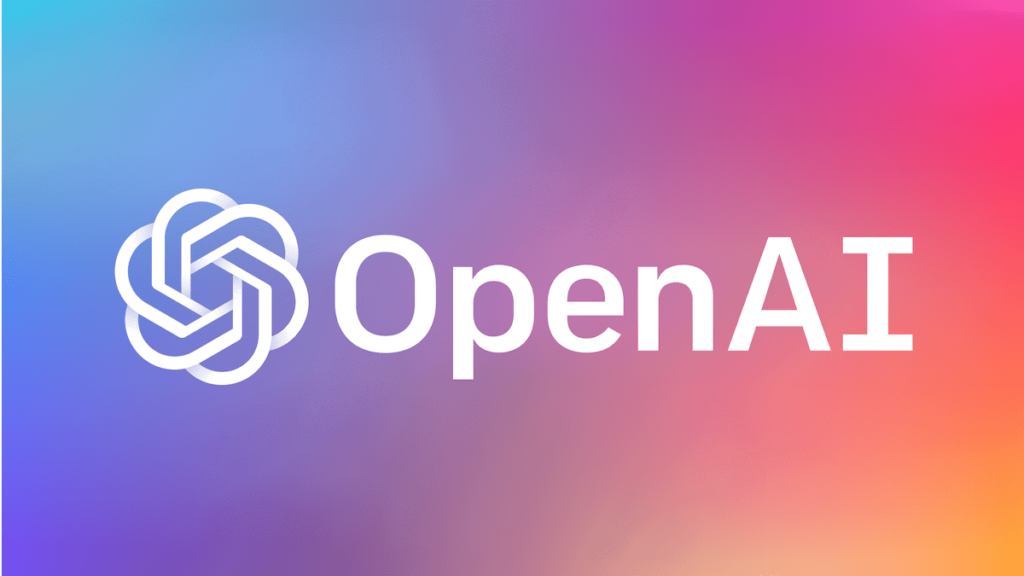Artificial intelligence (AI) agents have evolved significantly, transitioning from simple pre-programmed reflex agents to sophisticated adaptive learning systems. Today, AI agents play a crucial role in helping businesses achieve their goals, especially those looking to adopt a futuristic approach.
Despite the exponential growth in the adoption of AI agents, many businesses are still unaware of the actual benefits they offer. From streamlining customer interactions to enhancing operational efficiency and reducing costs, AI agents bring a multitude of advantages to businesses of all sizes.
In this blog post, we will delve into the top six benefits of leveraging AI agents for your business. Additionally, we will explore key industry trends related to the development and utilization of AI agents.
Let’s get started.
Top 6 AI Agent Benefits to Leverage in 2024
AI agents offer scalability to accommodate your business’s growth. Whether handling increased customer inquiries or analyzing sales data to predict market trends, different types of AI agents can efficiently manage each task.
However, the benefits of AI agents go beyond scalability. Before delving deeper into these benefits, here is a quick overview:
Key benefits of AI agents:
- Improve operational efficiency
- Enhance customer experience
- Generate significant cost savings
- Provide scalability and flexibility
- Offer data-driven insights
- Function as intelligent adaptive learning systems
1. AI Agents Help Improve Operational Efficiency
AI agents are a valuable solution for businesses seeking to enhance their operations. From automating repetitive tasks to optimizing resource allocation, these intelligent agents can revolutionize workflow management.
Here’s how AI agents can enhance the efficiency of your business operations:
1.1. Automating Routine Tasks
AI agents excel at handling repetitive and time-consuming tasks. By integrating utility-based agents equipped with Optical Character Recognition (OCR) and Natural Language Processing (NLP) into your workflow, you can streamline data management processes. These agents can extract data from various document formats, such as scanned images and PDFs, and verify it against predefined rules and databases, ensuring data accuracy and consistency.
For instance, Canon implemented AI-enabled UiPath robots to extract and validate invoice data, eliminating a four-month backlog within a month. This not only cleared the backlog but also freed up staff to focus on more strategic tasks.
1.2. Optimizing Resource Utilization
Businesses can configure AI agents to collect and analyze data from diverse sources, enabling a comprehensive view of the business environment. These strategic assistants can identify patterns, trends, and anomalies to enhance resource allocation and operational efficiency.
Additionally, advanced AI agents can analyze nuanced data, such as employee performance and workload demands, to create efficient staff schedules. For instance, a call center can predict peak operational hours and schedule additional support agents to minimize customer waiting times.
In another scenario, hospitals can use AI agents to schedule specialized medical professionals based on expected patient types, ensuring optimal care delivery.
2. AI Agents Ensure a Better Customer Experience
AI agents are instrumental in enhancing customer experiences. From offering 24/7 multilingual support to personalized interactions, these agents can revolutionize customer interactions.
Here are some ways AI agents can enhance customer experiences:
2.1. 24/7 Support
AI agents provide round-the-clock assistance, ensuring continuous customer support. Powered by Natural Language Processing (NLP) and machine learning, these intelligent assistants can understand customer queries and provide accurate responses.
For example, H&R Block utilizes IBM Watson as a virtual financial assistant to efficiently manage customer queries during peak tax seasons.
2.2. Personalized Service
AI agents analyze customer data, such as purchase history and browsing behavior, to deliver personalized experiences. By leveraging machine learning algorithms, these agents can identify customer preferences and provide tailored recommendations.
Amazon Alexa leverages customer data to offer personalized product recommendations, enhancing customer satisfaction and driving repeat business.
2.3. Efficient Query Resolution
AI agents can be trained on custom data, allowing them to access a vast knowledge base about your business and provide accurate responses to customer queries. These agents use machine learning to continuously improve their responses, ensuring efficient service delivery.
For instance, Bank of America’s chatbot, Erica, handles tasks like checking account balances and providing budgeting advice, improving customer response times and reducing workload for bank employees.
3. AI Agents Yield Significant Cost Savings
Improving operational efficiency and enhancing customer experiences inevitably lead to cost savings. However, AI agents offer additional avenues for cost reduction, ensuring your business remains lean and efficient.
Here’s how leveraging AI agents can lead to significant cost savings:
3.1. Predictive Maintenance
Manufacturing businesses can leverage adaptive AI learning agents for predictive maintenance of machinery. By analyzing sensor data and historical maintenance records, AI agents can predict equipment failures and proactively address issues, reducing downtime and maintenance costs.
For example, General Electric (GE) uses AI agents in its Predix predictive learning system to monitor industrial machinery, minimizing downtime and maintenance costs.
3.2. Fraud Detection
AI agents monitor transactions in real-time to detect and prevent fraudulent activities. By utilizing advanced analytics and pattern recognition, these agents can identify anomalies and flag potential fraud, saving costs associated with fraudulent activities.
JPMorgan Chase employs AI agents to analyze millions of transactions daily, detecting and preventing fraud to safeguard the bank and its customers from financial losses.
3.3. Optimizing Inventory Levels
Smart AI agents can optimize inventory levels by providing accurate demand forecasts. By analyzing sales data, market trends, and other relevant factors, these agents ensure optimal inventory levels, minimizing stockouts and overstocking.
Walmart utilizes AI to forecast demand based on historical sales data, adjusting inventory levels to prevent overstocking and understocking.
4. AI Agents Bring Scalability and Flexibility
AI agents offer businesses unparalleled flexibility and scalability. From real-time data analysis to workforce planning, AI-powered agents enable businesses to adapt to market changes seamlessly.
Here’s how AI agents enhance scalability and flexibility:
4.1. Real-time Data Analysis and Decision Making
AI agents analyze large datasets swiftly, providing real-time insights to help businesses scale operations effectively. For instance, Salesforce Einstein bot offers AI-powered analytics to prioritize leads and manage sales pipelines efficiently as businesses grow.
4.2. Flexible Workforce Management
Accurate demand forecasts are crucial for effective workforce management. AI agents leverage historical data to predict staffing requirements, allowing businesses to scale their workforce up or down as needed. These agents optimize staff schedules to ensure adequate coverage during peak periods.
For example, Kronos Workforce Dimensions employs AI to analyze past staffing patterns and predict future needs, ensuring optimal staffing levels without overstaffing.
5. Get Data-Driven Insights Through Intelligent Agents
AI agents can collect and analyze vast amounts of data rapidly, making them indispensable for business owners seeking data-driven decision-making. Additionally, AI agents can generate reports on market analysis and customer behavior analysis.
5.1. Market Analysis
Marketers can leverage AI agents to obtain new market analysis reports, enabling strategic decision-making. These reports help identify trends, opportunities, and competitive threats, allowing businesses to stay ahead of the competition.
For example, Unilever uses AI to analyze social media trends and consumer feedback, adapting its marketing strategies and product offerings swiftly.
5.2. Customer Behavior Analysis
AI agents, when deployed as customer support chatbots, can gather data on customer conversations for analysis. By analyzing this data, businesses can uncover patterns and understand customer preferences for personalized marketing and improved customer service.
6. AI Agents Work as Smart Adaptive Learning Systems
AI agents are instrumental in developing adaptive learning systems, particularly in the education technology sector. These systems create personalized learning paths for students, adapting to individual learning styles and offering tailored solutions.
6.1. Personalized Learning Paths
By analyzing student performance and learning styles, AI agents create customized learning paths that cater to individual needs, maximizing learning potential.
For example, DreamBox Learning uses AI to assess student performance in real-time and adjust math lessons based on individual progress.
6.2. Real-time Feedback and Assessment
AI agents provide immediate feedback to learners, helping them understand mistakes and learn from them instantly. This real-time feedback reinforces learning concepts effectively.
For instance, Knewton’s adaptive learning platform offers real-time feedback on assignments, aiding students in improving their understanding.
6.3. Content Recommendations
AI agents recommend personalized content based on learners’ progress and interests, ensuring an engaging learning experience.
For example, Coursera uses AI to suggest courses and materials tailored to learners’ preferences, enhancing the learning experience.
Emerging Trends in AI Agent Development & Adoption
AI agents have evolved significantly, from basic reflex agents to advanced adaptive learning agents working with large language models. Here are some key trends shaping the development of AI agents:
1. Use of Advanced Natural Language Processing
AI chatbots powered by advanced Large Language Models (LLMs) are at the forefront of AI transformation. Advanced NLP models like OpenAI’s GPT-4 enable AI agents to handle complex interactions, understand context, and provide accurate responses.
2. Advancement of Generative AI Technology
Generative AI tools like ChatGPT and Claude are revolutionizing content creation by automating the process using advanced LLMs. These Gen AI models enhance creativity and accelerate content creation across various formats.
3. Ethical Considerations and Responsible AI Models
Developing AI models ethically and responsibly is a key focus in AI agent development. Businesses are prioritizing transparency, fairness, and accountability in AI development to ensure ethical use. Regulatory frameworks like the EU’s GDPR and the U.S. Consumer Privacy Act guide ethical AI practices.
4. Integration of AI Agents with IoT Devices
Integrating AI agents with IoT devices is a significant trend in intelligent agent development. This integration enables smarter systems tailored to user needs, optimizing energy usage and enhancing security. AI-powered IoT solutions facilitate futuristic applications like smart homes and smart cities.
5. Use of AI Agents to Offer Personalized Services
Businesses are leveraging conversational AI chatbots to deliver personalized services. AI agents deployed as chatbots are enhancing customer relationships and optimizing service delivery through personalized interactions.
Transforming Business Efficiency with Botosnic AI Agent
AI agents offer unparalleled convenience and operational efficiency, making them essential for future-proofing businesses. Botsonic provides a no-code solution to create personalized AI agents for various tasks, enabling businesses to resolve user inquiries efficiently in multiple languages.



